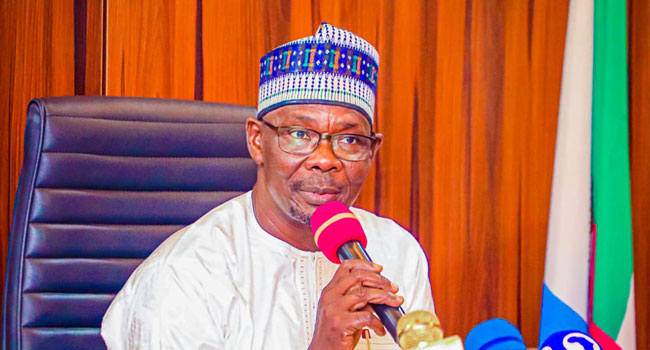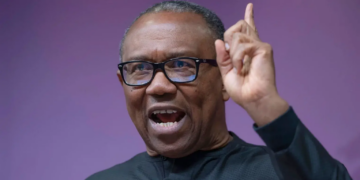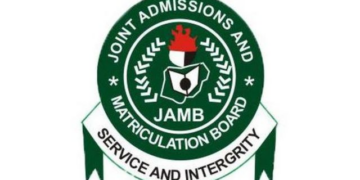Nasarawa State coordinator of the N-CARES, a World Bank-assisted programme, Dahiru Umar Ibrahim, has said 800,000 poor and vulnerable persons benefitted from the programme in the state in 2024.
Ibrahim disclosed this to journalists in Abuja on the sidelines of a retreat organised to reposition the N-CARES team yesterday.
The coordinator described the feat as a milestone, especially that the 800, 000 people either benefitted from the cash transfer public works or are part of communities that benefitted from basic community infrastructures in terms of schools renovations, primary healthcare renovation, building, as well as other key sectors.
“We also have the agricultural component. There were a lot of communities that benefitted from road infrastructure which is the rural roads spanining across all local government at least 10 kilometers of rural roads in addition to infrastructure, we have at least three wet markets (for perishable food crops) infrastructure, which every local government benefitted from. We have being giving fertilizers, assets and all those assets were given to 15,000 individuals and that was part of what culminated to eight hundred thousand plus beneficiaries that we were able to reach in a single year,” he said.
Reviewing the activities of his team during the outgone year, Ibrahim said together with his team they had a successful year because last year Nasarawa N-GCARES received two national awards and also received the highest imbursement in a single time for any programme.
He traced the successes recorded to the political will of Governor Abdullahi A. Sule who was at the forefront towards ensuring that the N-CARES became successful.
Ibrahim pointed out that though the current programme is nearing termination, a new programme is billed to commence in the new year and as such the major preoccupation of his team is to see that Nasarawa State qualifies to participate in the new programme.
“That said, for 2025 the programme is coming to an end but there is an additional programme but it has eligibility criteria.
Not all states are billed to even participate and it’s ideal to participate in the next programme.
So, our goal this year is to qualify the state to be able to participate in the next programme,” he added.
According to him, part of the goals of his organisation this year is also to conclude what they had already started last year.
“Mind you, we also have an assessment for the last programme before it closes. Doing that assessment is necessary for retaining our frontier position as the best in the country. We also want to promote and improve on safeguard issues. Issues of gender based violence amongst communities, environmental issues and social issues. These are the areas we are going to concentrate on in 2025 and also ensure that everything become better and achieve more than we achieved in 2024,” he stated.
Ibrahim however noted that the journey last year was not all smiles as his team also encountered some challenges that tested their will and determination, especially the loss of one of their colleagues who was murdered at home.
“I think the biggest challenge for us last year was the shock of the lost of one of our own, the late Hassan Yahaya Egwa. I mean, we can’t jump into conclusion, even the circumstances of his demise, you know, could demoralize people and everyone working in this programme because he was attacked at his home,” he said.
With the retreat themed “Future-Ready Solutions: Enhancing Nasarawa CARES to Deliver Results,” the N-CARES Coordinator said his organization is poised to leverage innovation and strategic planning to drive transformative outcomes.
He explained that the retreat is a confirmation of the commitment of the Nasarawa CARES team to delivering impactful results that will improve lives and foster long-term resilience.
The NG-CARES Programme is designed to support a budgeted programme of expenditures and interventions at the state level – targeting existing and newly emerging vulnerable and poor households, agricultural value chains, and Micro and Small Enterprises (MSEs) affected by the economic crisis brought about by the spread of the coronavirus pandemic.
Recall that the programme was to end June 2023 but due to last year’s flood that affected food security and supply chain, the World Bank extended the programme from June 2023 to June 2024.
We’ve got the edge. Get real-time reports, breaking scoops, and exclusive angles delivered straight to your phone. Don’t settle for stale news. Join LEADERSHIP NEWS on WhatsApp for 24/7 updates →
Join Our WhatsApp Channel










